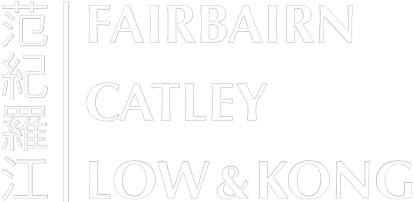Corporate & Commercial
We provide professional advice on acquisitions and mergers, company and group re-structuring, corporate finance, company law and contract law, IPO, joint ventures, partnerships and more.
With an integrated global network of leading professionals, our team has the ability to advise on complex multiple-jurisdiction transactions.
We offer integral insight, knowledge, and experience to the most complex and high-profile banking matters, as well as practical advice across a wide spectrum of issues that are core concerns for banks and financial institutions. We provide effective solutions and support for clients, and prepare and review loan and security documentation in major transactions.
We also have a significant depth of expertise in handling cross border Sino-Hong Kong and Sino-foreign transactions.
